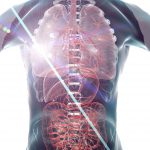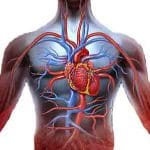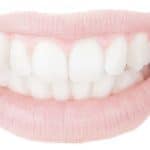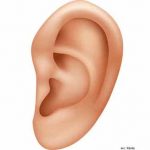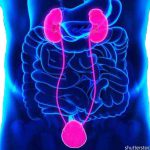NEWS on dental, oral implants
First drug to grow new teeth
A team of scientists led by a Japanese pharmaceutical startup has been working on a drug to stimulate the growth of new teeth in what would be a world-first, aiming to put it on the market by around 2030. Does it make dental implants obsolete? The team plans to hold...
Zirconia Implants: What We Know
WHAT WE KNOWThey are biocompatible and osseoconductive and can reduce plaque on the implant surface. The Journal of International Society of Preventive & Community Dentistry concluded that current research on zirconia indicates its biocompatibility with surrounding tissues. Zirconia also showed osseoconductive properties and demonstrated positive interaction with soft tissue. Notably, the literature...
One-day functional rehabilitation with Zygoma implants
Treatment with Zygoma implants is a treatment option for edentulous patients in the maxilla to obtain a fixed prosthesis with implants within one day and even with very little jaw bone. Case report with pictures. Author(s) Source Kraus D Dentale Implantologie & Parodontologie 28.03.2023 (german) This is a post of...
Dental implants in diabetes mellitus (new German guideline, 02.12.2023)
Key messages (zm): "Dental rehabilitation with dental implants in people with intermediate elevated blood glucose levels and diabetes mellitus is a safe and predictable procedure when properly indicated and a risk-based approach is used." "In this context, diabetes mellitus should be classified as a potential risk indicator and this should...
Dental implants in patients with diabetes
Diabetics are known to frequently suffer from micro- and macroangiopathies. In addition, diabetes may be associated with increased wound healing disorders and compromised bone healing. Diabetes mellitus is therefore considered a relative risk factor for dental rehabilitation with implants, although dental implant surgery has emerged as a convenient oral rehabilitation...
The treatment of peri-implant infections on dental implants (S3 guideline, GERMANY)
The guideline addresses nonsurgical and surgical therapies for peri-implant mucositis and perimplantitis on dental implants. The main findings are: Complete healing of peri-implant mucositis could not be predictably achieved in all patients after using both alternative and conventional biofilm removal procedures. Therefore, regular follow-up visits (e.g., every 3 months) should...
Die Behandlung periimplantärer Infektionen an Zahnimplantaten (S3-Leitlinie)
Die Leitlinie beschäftigt sich mit nichtchirurgischen und chirurgischen Therapien der periimplantären Mukositis und Perimplantitis an Zahnimplanaten. Die wichtigsten Empfehlungen sind: Eine vollständige Abheilung der periimplantären Mukositis konnte sowohl nach Einsatz alternativer als auch konventioneller Verfahren zur Biofilmentfernung nicht bei allen Patienten vorhersehbar erreicht werden. Daher sollten regelmäßige Nachkontrollen (z.B. alle...
Use of Platelet-Rich-Fibrin (PRF) in Dental Implantology (guideline, GERMANY)
Objective The restoration of extraction sockets as a pre-implantological measure in preparation for implant placement is of great importance for implant placement success. Unlike a surgical incision, which can be adapted and primarily closed, there is no soft tissue in the region of a former tooth. Therefore, wound healing after...
Timing of dental implant placement
The potentially available implantation time options each present different clinical difficulties and treatment risks. The selection of the implantation time slot is determined by the individual patient's systemic and local factors. The selected implantation timing may have a negative impact on survival and success. Late implantation (Implantation after 4-6 months...
Find NEWS and PUBLICATIONS here according to your interests or use the search box.

